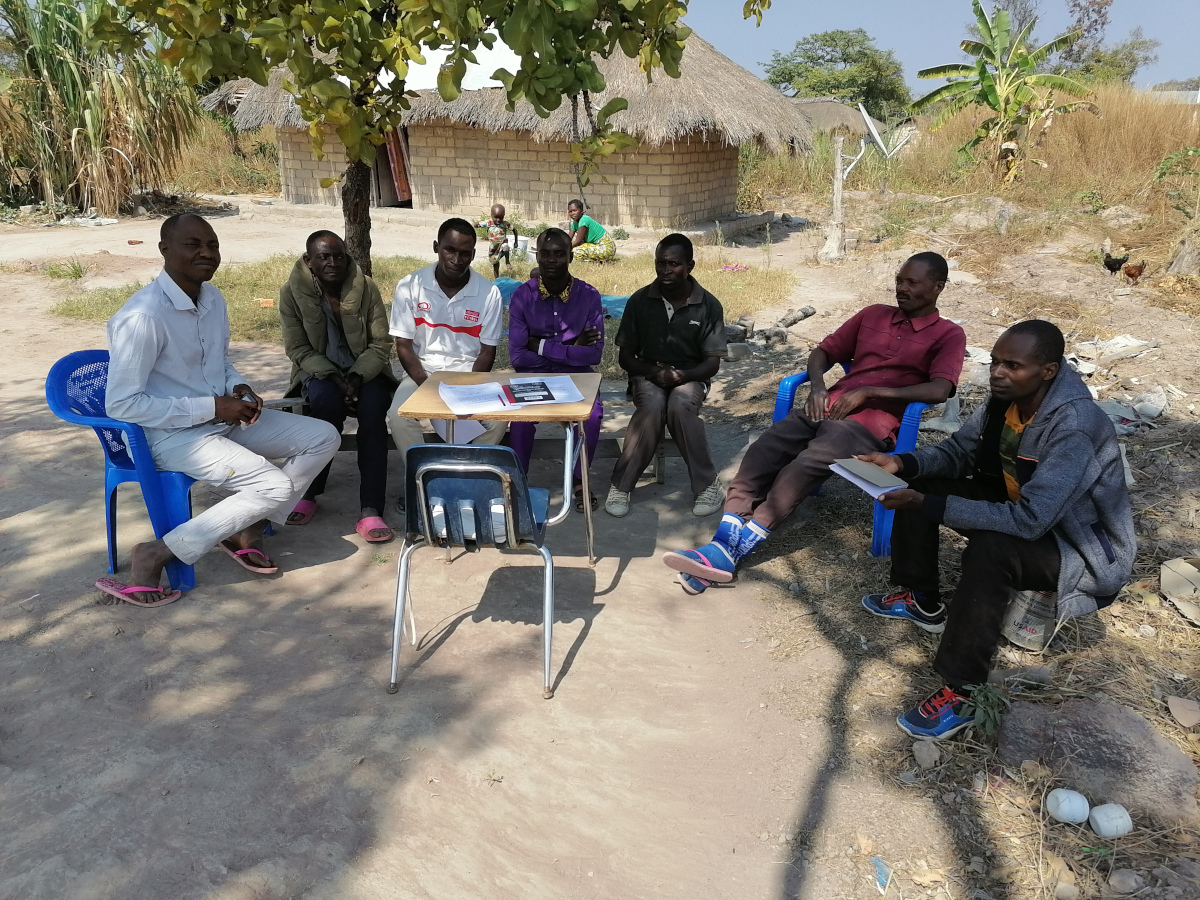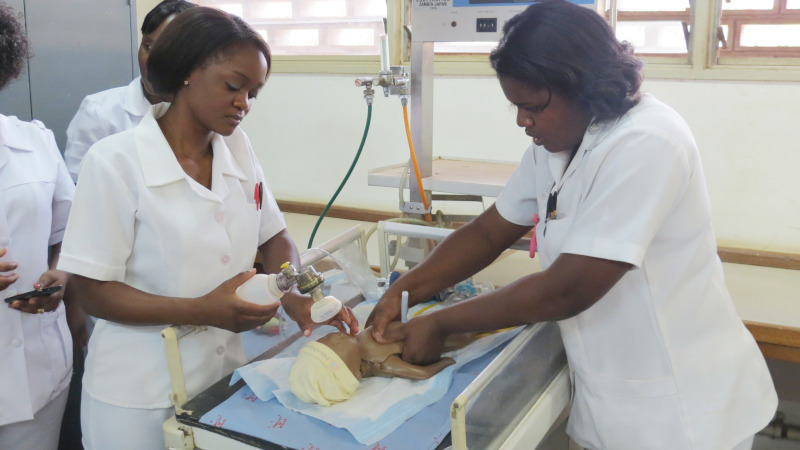Endline Assessment and Evaluative Review of the Improvement of Water, Sanitation, and Hygiene (WASH) Services to Refugees from DRC and Host Communities in Zambia
Project Backround
The WASH project, implemented by UNICEF and funded by KfW, aimed to address critical gaps in water, sanitation, and hygiene infrastructure in refugee settlements and surrounding host communities. Launched in 2018, the project responded to the urgent need for clean water, improved sanitation facilities, and hygiene education among vulnerable populations affected by displacement and limited resources. Targeting over 164,000 beneficiaries, including 50,000 refugees and 114,000 host community members, the project focused on constructing and rehabilitating water supply systems, building sanitation facilities, promoting hygiene practices, and improving WASH infrastructure in schools and healthcare centers.
Methodology
The evaluation utilized a mixed-methods approach, integrating both quantitative and qualitative data collection techniques. Key activities included 1,587 household surveys, 37 Key Informant Interviews (KIIs) with stakeholders, and 35 Focus Group Discussions (FGDs) with community members, including women, youth, and people with disabilities. Additionally, the team conducted site visits to 47 schools and 33 health facilities, along with 357 water quality tests. This comprehensive approach ensured the findings were well-rounded, credible, and reflective of the intervention's impact.
Fieldwork Activities
Data collection was conducted across three key districts: Kalumbila, Nchelenge, and Kaoma, focusing on both refugee settlements and host communities. Enumerators performed structured household interviews to gather data on water and sanitation access, hygiene practices, and the health outcomes of community members. Observations were made to assess the condition and functionality of WASH infrastructure in schools, healthcare facilities, and community water points. Additionally, stakeholders from government agencies, NGOs, and local leadership were interviewed to capture their insights on project implementation and sustainability.
Results of the Evaluation
The evaluation demonstrated significant achievements across key project objectives:
- Access to Water: Over 200,000 people gained access to clean water, exceeding the target of 164,000 beneficiaries.
- Sanitation Facilities: 27,670 individual toilets were constructed, surpassing the goal of 20,000 units.
- Hygiene Awareness: 294,096 individuals participated in hygiene promotion campaigns, improving knowledge on handwashing and sanitation.
- WASH Infrastructure: 47 schools and 33 health facilities received upgraded WASH infrastructure, enhancing learning and healthcare outcomes.
Despite these successes, the evaluation identified persisting challenges, including inconsistent handwashing practices and increased open defecation rates in some host communities. Additionally, financial sustainability and maintenance of WASH infrastructure remain ongoing concerns.
Overal Outcome
Our findings provided stakeholders with actionable recommendations to address these gaps, ensuring alignment with Zambia’s national policies and global WASH standards. This evaluation highlights M31 Research’s ability to deliver precise, context-aware insights that support long-term impact in humanitarian and development projects.









